Through a review of open-source records and holdings of the commercial trawler fleet in British Columbia (B.C.), Felix Morrow and Bryce Casavant on behalf of Pacific Wild have completed a new paper entitled Dragnetting Coastal Communities. The report reviews major policies that have led to the worsening economic position of fishers and coastal communities in B.C. including: the Davis Plan (1968), fleet rationalization (1982), and the Mifflin plan (1996). A severe lack of transparency in the B.C. fishing industry is a consistent theme throughout this report. This report argues that fisheries in B.C. need to be reorganized to serve the interests of fishers and coastal communities. Further, that trawling should be phased out due to its severe ecological effects: including its impact on biodiversity and climate change.
There is an immediate need for increased transparency and accountability in the policies and management practices of B.C.’s trawler fishery. Public opinion survey data pertaining to Canadian understanding of the trawling industry commissioned by Pacific Wild Alliance in 2022 showed that 55% of Canadians believe that bottom trawling is not allowed in Canadian waters —which largely takes place out-of-sight-out-of-mind.
Environmental impact data, including onboard observer reports, licensing and quota data should be made publicly available so Canadians can access information about what is being done with our collective fisheries assets. Individual fishers, coastal communities, and Indigenous peoples continue to feel the impacts of poor fishery management practices within B.C.’s trawling industry.
This white paper reiterates Ecotrust Canada’s earlier ignored calls for:
(1) access to licences and quotas being guaranteed for small-scale fishers and fishing communities;
(2) non-fishers, including processors and investors, being banned from purchasing licences and quotas;
(3) the present market-centric ITQ system being moved away from; and
(4) communities and fishers being given a meaningful say in how fisheries are economically, socially, and environmentally managed.

